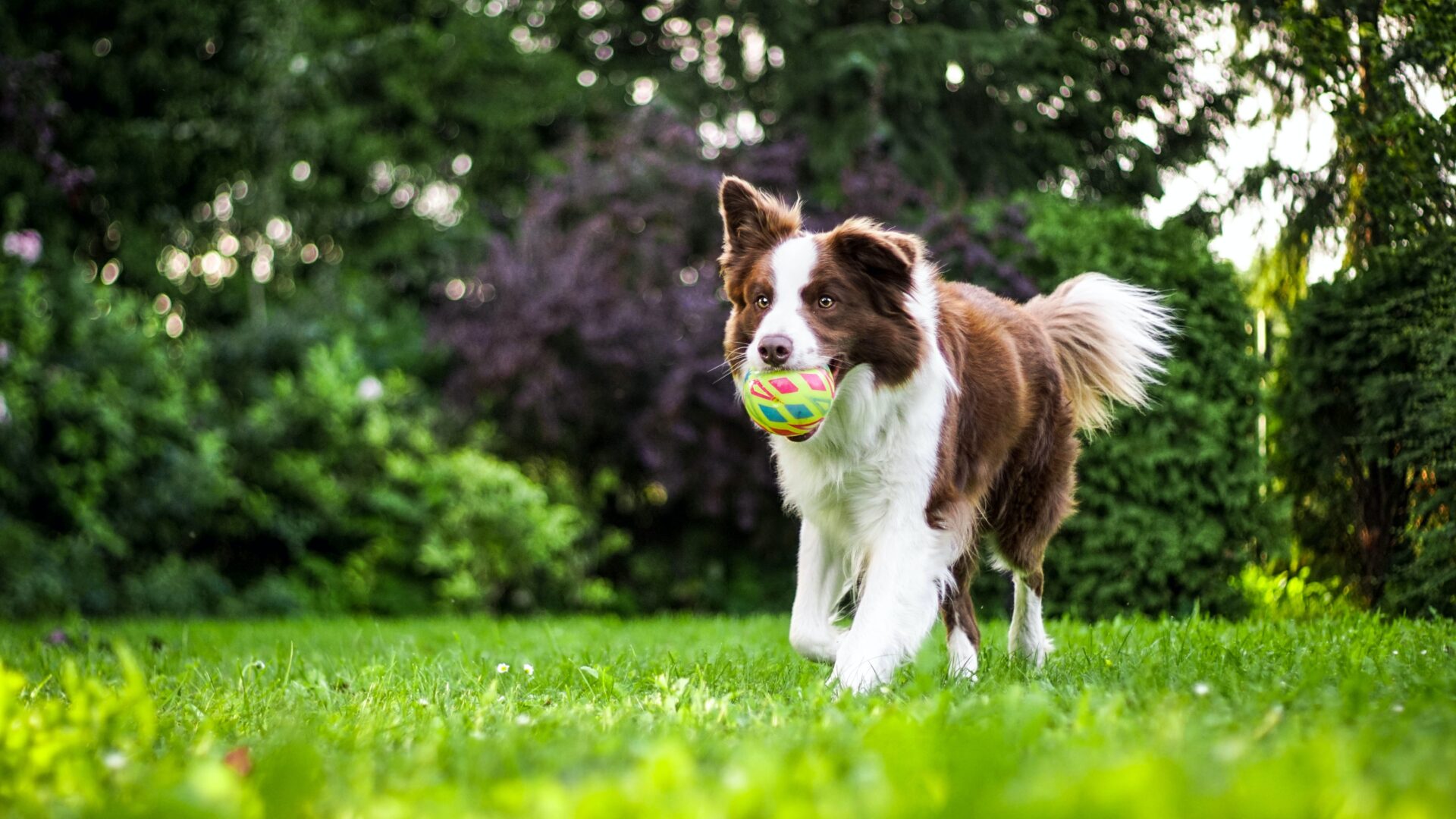What is osteoarthritis and how will it affect my pet?
We all get achy joints from time to time right? And your pet is no different! As we age, some of us will develop osteoarthritis in some of our joints and our pets are the same.
So what is osteoarthritis?
Osteoarthritis is a disease that affects the synovial joints. It is a slowly progressive disease that involves deterioration of the cartilage (joint surfaces). Examples of a synovial joint would be the elbow, shoulder, knee and toe.
Each synovial joint has the same components. These components are: bones covered with cartilage, ligaments, joint capsule and joint fluid. Some joints are more prone to developing osteoarthritis than others. Other common factors that contribute to joint problems in pets are
- ageing
- obesity
- genetics
- certain breeds
Early detection of osteoarthritis is the key and being proactive can help slow down the progression of the disease. Osteoarthritis affects approximately 8-20% of dogs, and there are approximately 12 million dogs in the UK! That’s a lot of arthritic joints!
What are the signs of osteoarthritis in dogs?
The signs are usually quite similar to what we see in humans :
- stiffness after rest
- lameness during or after exercise
- reduced activity – noticeable reduced play,
- reluctance to jump in and out of the car
When examined by vets, most of these pets will have the following clinical findings:
- reduced muscle mass on affected legs
- lameness
- pain on moving joints at full range of motion
- reduced range of motion of joints
How is osteoarthritis diagnosed?
This has to be done by your vet if you wish to have a definitive diagnosis. This is usually confirmed by taking xrays of the affected areas. In some instances, your dog may require further investigation such as CT or arthroscopy (keyhole surgery of joints).
How do we treat osteoarthritis?
There are many ways to treat osteoarthritis, and these treatments are aimed to reduce pain and inflammation in the joint. Unfortunately though, osteoarthritis cannot be cured. The main ways that we can treat osteoarthritis are:
- daily or weekly anti-inflammatory pain killers prescribed by your vet
- injections to help reduce inflammation in the joint
- antibody therapy given by injection
some pets may require surgery to help treat their osteoarthritis including keyhole surgery and joint replacement. Your vet will guide you in the best and most appropriate treatment plan for your pet.
Osteoarthritis can be improved by management changes for your pet too. These can include:
- losing weight – if your dog is overweight, reducing this will help reduce the load on your dog’s joints
- exercise modification – shorter walks ie little and often, helps minimise inflammation and joint pain. Trying hydrotherapy can also help as it is a non weight bearing type of exercise
- joint supplements – these contain products that may help support your dogs joints. Some of these supplements may contain chondroitin, glucosamine, green lipped muscle extract. We provide a very wide variety of joint supplements for dogs, cat and horses.
There are also complementary therapies that may help your pet. These can include physiotherapy, laser therapy and acupuncture. In fact, our vet Nicola, performs acupuncture and sees great responses in dogs, cats and horses
The word osteoarthritis can be scary but if identified early and treated proactively, most pets can enjoy a good or excellent quality of life with appropriate treatment and management.





